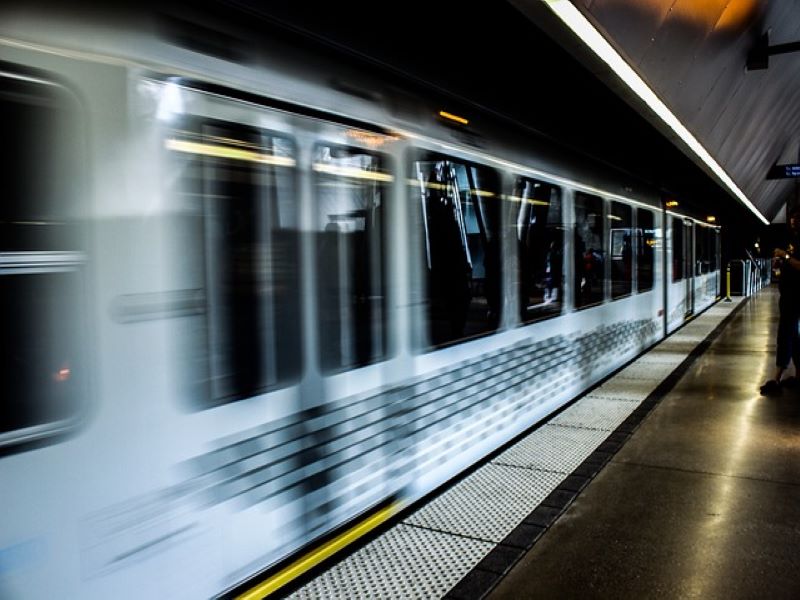
The Greater Jakarta light rail transit (Jabodebek LRT) in Indonesia is set to commence operations in the middle of next year.
According to Indonesian President Joko Widodo, Jabodebek LRT will be completed and become fully operational in June or July next year.
The LRT system has been successfully tested from Depok’s Harjamukti station to Taman Mini Indonesia Indah station in East Jakarta.
The 9km journey has been completed in 12 minutes.
Jabodebek LRT line will help significantly reduce travel time from Jakarta to satellite cities Bogor, Depok and Bekasi.
Jabodebek LRT can accommodate up to 420 passengers on each ride, while the capacity of each depot on the line is around 520 people.
How well do you really know your competitors?
Access the most comprehensive Company Profiles on the market, powered by GlobalData. Save hours of research. Gain competitive edge.

Thank you!
Your download email will arrive shortly
Not ready to buy yet? Download a free sample
We are confident about the unique quality of our Company Profiles. However, we want you to make the most beneficial decision for your business, so we offer a free sample that you can download by submitting the below form
By GlobalDataIndonesian state-owned train manufacturer PT Industri Kereta Api (INKA) has manufactured an LRT train, which features a advanced driverless operation system. This train was used for Widodo’s ride test, The Jakarta Post reported.
Around 87% of works on the Jabodebex LRT project have been completed, stated Widodo.
This project will be concluded with the completion of various small issues related to system synchronisation and depot works.
Meanwhile, the Jakarta-Bandung fast train project is also expected to be operational during the same time.
With a daily average of 400 trips, the Greater Jakarta LRT will have the capacity to accommodate 700 passengers.
It will be integrated with a public transit system to help connect different transportation modes.
Furthermore, Widodo has opened the renovated Manggarai Station in Central Jakarta after the completion of its first phase development.


